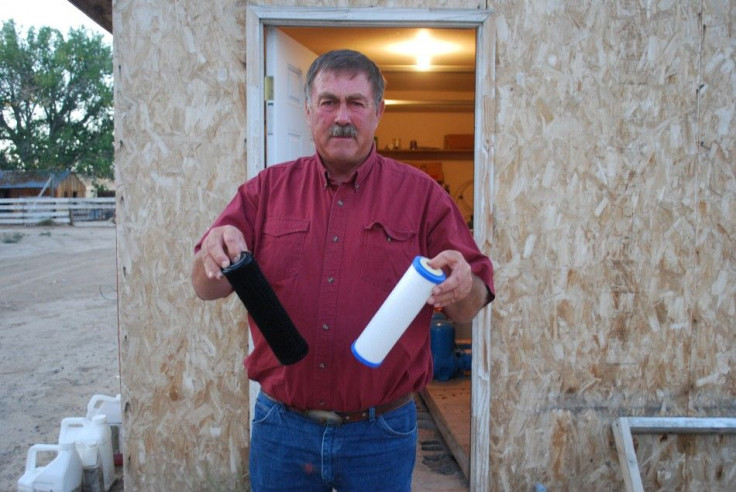EPA Yet to Respond to Texas Railroad Commission on Fracking

The U.S. Environmental Protection Agency has yet to respond to the Texas Railroad Commission which had asked the EPA to reclassify its draft report linking hydraulic fracturing to ground water contamination as a scientific assessment.
With the EPA's controversial December hydraulic fracturing draft report still up for peer review, the Texas natural gas and oil regulator entered the fray this week asking the EPA to reclassify it as a highly influential scientific assessment.
Essentially calling for a more stringent peer review process than otherwise called for, the elected commission, like pro-drilling and industry proponents, cast doubts on the validity of the draft report's findings.
The Railroad Commission of Texas bases its regulatory decisions on science and fact, said Chairman Elizabeth Ames Jones in a statement. It appears EPA reached its conclusions based on limited and questionable data.
In December, the EPA concluded contamination of ground water in Pavillion, Wy., could be traced to hydraulic fracturing in the area, the first time the industrial process had been linked to groundwater contamination. Almost immediately, industry trade groups and hydraulic fracturing proponents slammed the agency's study, claiming the EPA had confused naturally occurring hydrocarbons as evidence drilling hurt the environment.
A report can be declared a highly influential scientific assessment if its findings have a potential impact of $500 million in any one year or either the public or private sector; or that the dissemination is novel, controversial, or precedent-setting; or that it has significant inter-agency interest, the Office of Information and Regulatory Affairs in the Office of Management and Budget's Final Information Quality Bulletin for Peer Review said.
The request from Austin comes as the natural gas and oil industries have recently been emboldened by President Barack Obama's approval of natural shale gas drilling.
The American Petroleum Institute in the past month has consistently called on Washington lawmakers to try to curtail what they call federal over-regulation of the industry currently being managed on a state level.
An EPA spokeswoman did not know when the agency would likely respond to the railroad commission's request.
Calls to the railroad commission weren't answered.
© Copyright IBTimes 2024. All rights reserved.





















